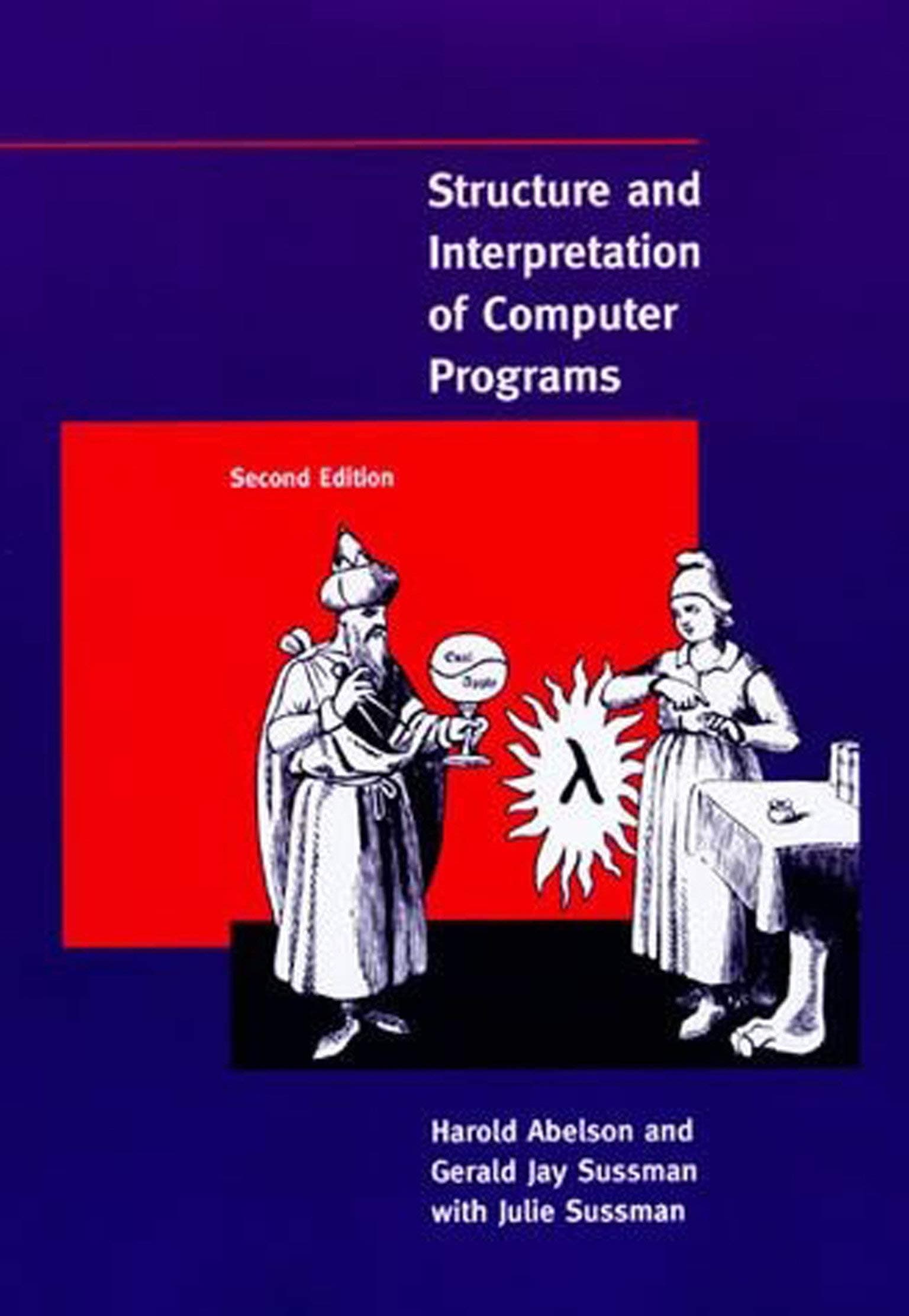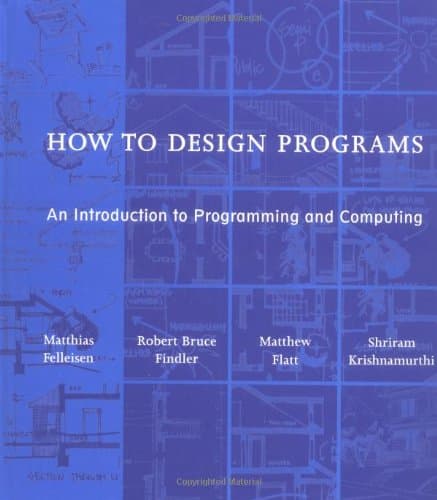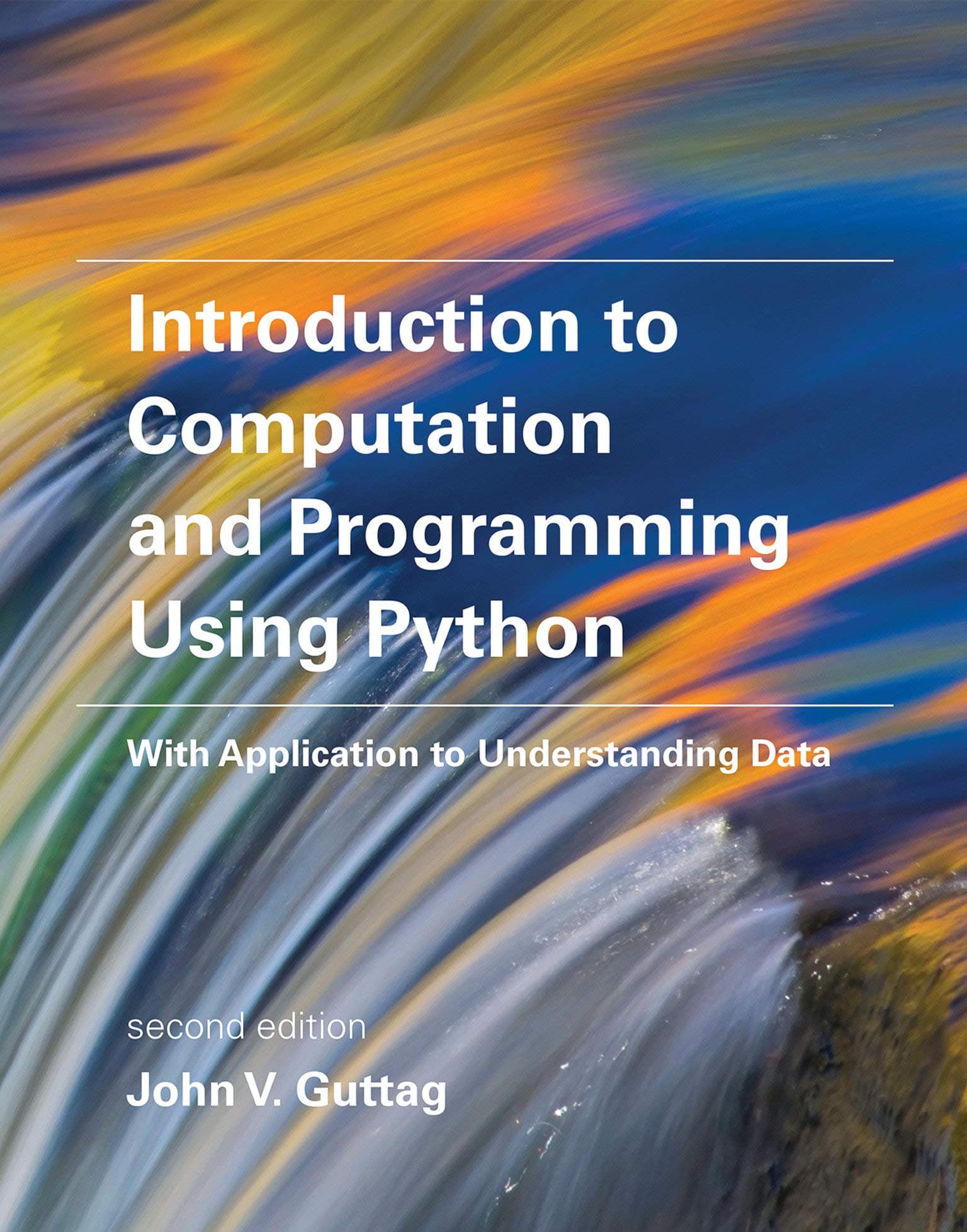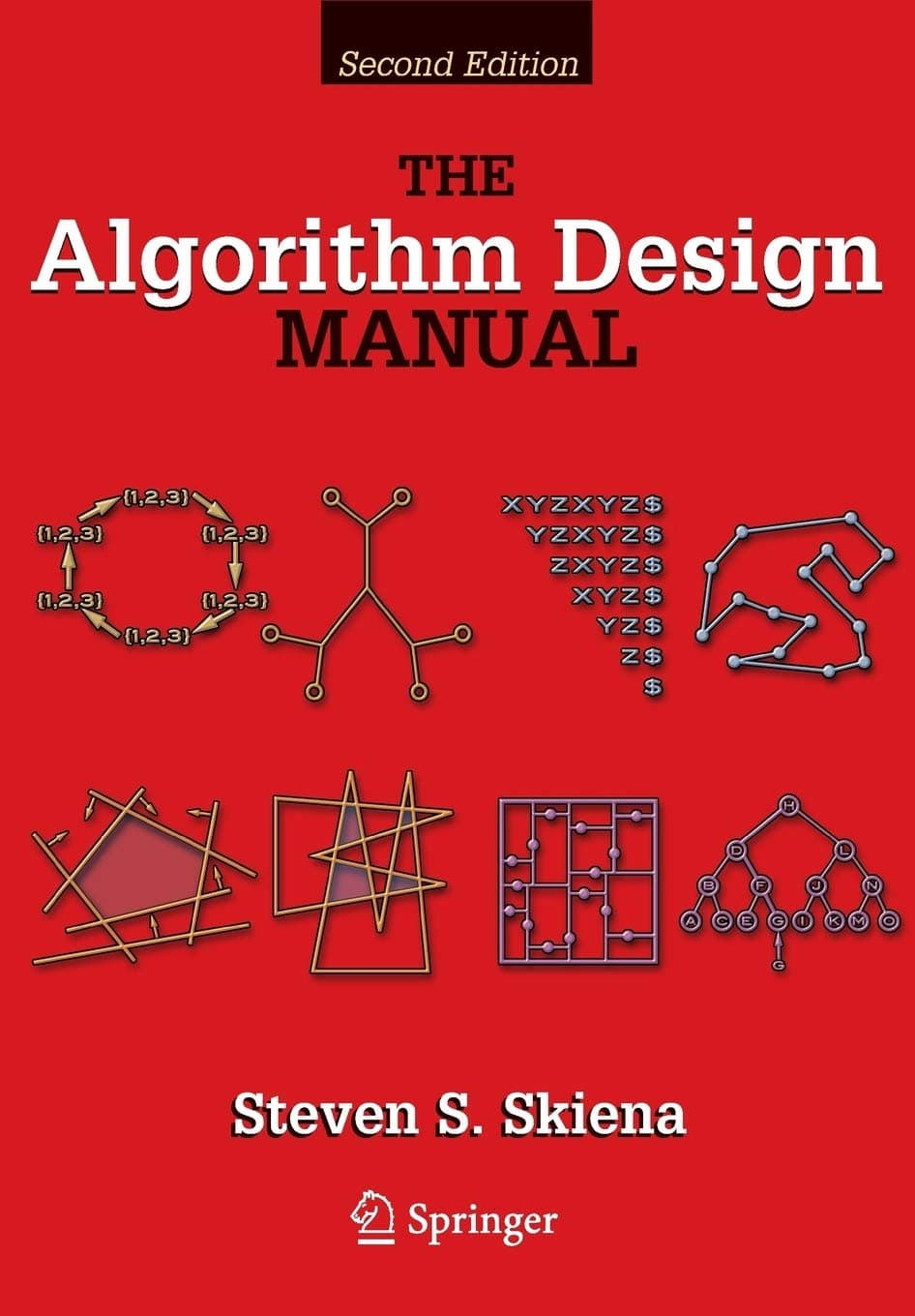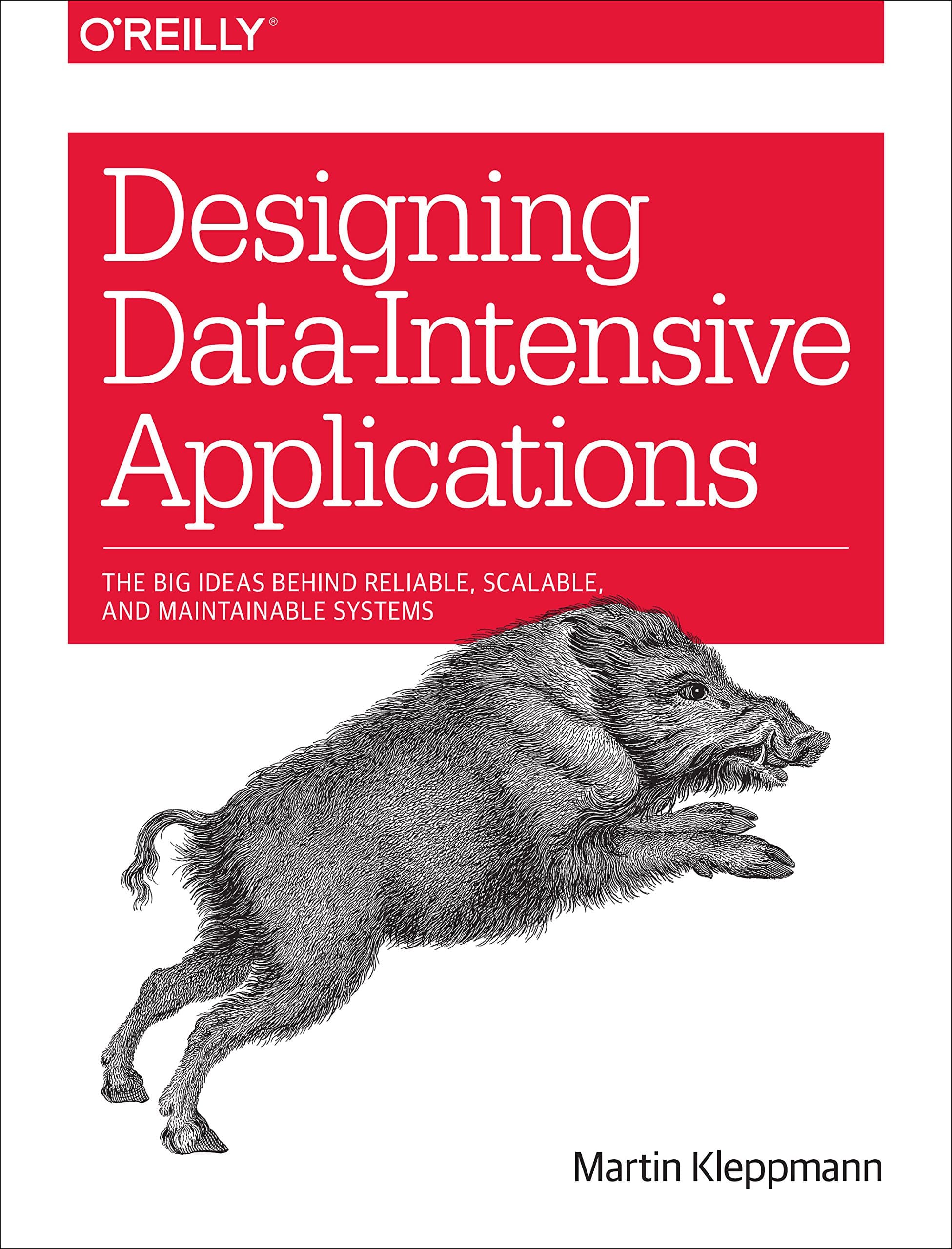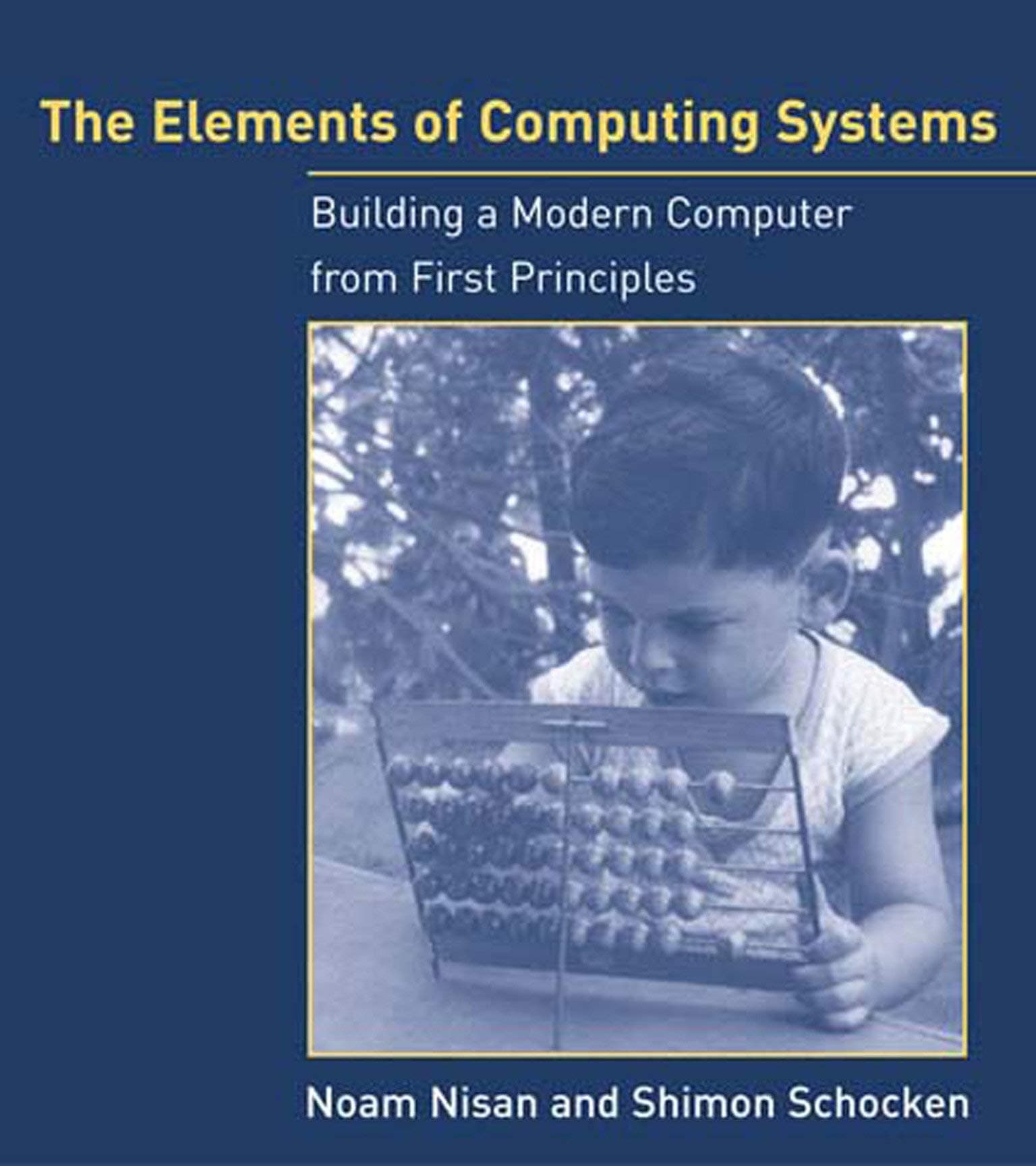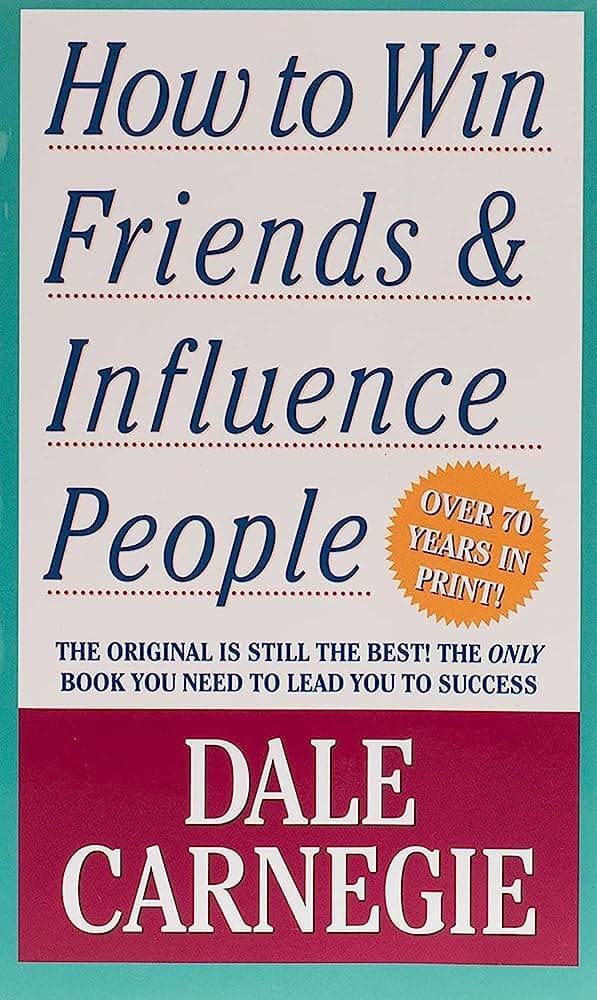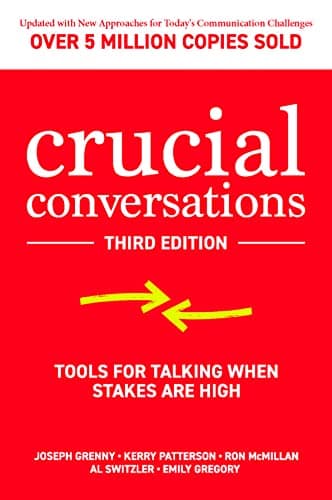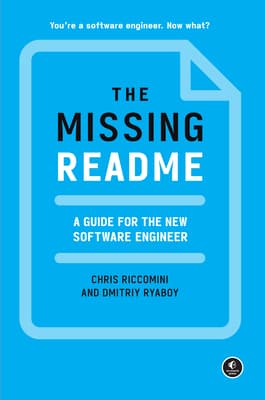August 5, 2023 • Josip Ledić • 6 min
Essential Reads for Aspiring Software Engineers
Every software engineer understands the value of continuous learning. The field is vast, and staying updated is crucial. While online courses and tutorials are great, some classic texts offer profound insights into the deeper aspects of software engineering. Here's a dive into some of these seminal works and how they can shape you into a more refined developer.
Structure and Interpretation of Computer Programs by Harold Abelson and Gerald Jay Sussman
At the heart of software engineering lies the essence of problem-solving. This book, often abbreviated as SICP, is not merely about programming but about the paradigms and patterns underlying effective software design. By presenting classic computer science concepts through the lens of the Scheme programming language, Abelson and Sussman take readers on a journey that transcends syntax. By internalizing the principles of abstraction, modularity, and recursion emphasized in this text, an engineer can design more robust and maintainable software, irrespective of the specific technologies they might later encounter.
How to Design Programs by Matthias Felleisen, Robert Bruce Findler, Matthew Flatt, and Shriram Krishnamurthi
A common pitfall in software development is diving into coding without adequate design foresight. How to Design Programs (HtDP) places a strong emphasis on the process of software design before diving into its implementation. Using a systematic approach, the authors teach readers how to break problems down, design solutions, and then express those solutions in code. This methodology ensures that the software not only works but is also scalable, maintainable, and adaptable to changing requirements.
Introduction to Computation and Programming using Python by John V. Guttag
Python is one of the most versatile languages, and its applicability ranges from web development to machine learning. However, this book goes beyond teaching just the language. Guttag delves into the foundational concepts of computer science and computational thinking. Readers are equipped with a mindset to tackle complex problems, not just in Python, but in any computational environment. By understanding data structures, algorithms, and computational complexity, software engineers can craft efficient and effective solutions that stand the test of time.
Concepts, Techniques, and Models of Computer Programming by Peter Van Roy and Seif Haridi
The realm of programming is vast, with various paradigms and methodologies. This book is a comprehensive guide to the many ways of thinking about and structuring software solutions. From object-oriented to logic programming, the authors provide insights into how different paradigms can influence and improve software design. A well-rounded engineer is one who can select the right tool and approach for the job, making this book an invaluable resource for broadening one's horizon and becoming more adaptable in the ever-evolving tech landscape. Bonus tip: Great resource for interview prep and will help you crack the coding interview by understanding the underlying problems and not just by memoizing hundreds of leetcode problems.
The Algorithm Design Manual by Steven S. Skiena
Algorithms are the backbone of efficient software. While many developers can write code that works, crafting code that works optimally is a skill of its own. Skiena's manual is a deep dive into the world of algorithms, offering both theoretical insights and practical advice. By understanding and internalizing the principles of algorithm design and analysis presented in this text, software engineers can ensure that their solutions are not just correct but also efficient, scalable, and resource-conscious.
Designing Data-Intensive Applications by Martin Kleppmann
In today's digital age, applications often handle vast amounts of data. Kleppmann's book is a deep dive into the challenges and complexities of creating applications that can efficiently process, store, and retrieve data. By understanding the principles of distributed systems, data replication, and partitioning, engineers can design applications that are robust, scalable, and reliable, even in the face of failures. Bonus tip: this book is great for system design interview prep and has helped me personally ace the system design interview at my current job.
Compilers: Principles, Techniques & Tools by Aho, Lam, Sethi, and Ullman
Compilers bridge the gap between high-level programming languages and machine code. This book, commonly known as the "Dragon Book," is a comprehensive guide to the theory and practice of compiler design. By understanding how compilers translate, optimize, and generate machine code, software engineers can write code that is both efficient and compatible across different architectures.
The Elements of Computing Systems by Nisan and Schocken
Understanding the hardware-software interface is crucial for optimizing performance and resource usage. This book delves into how computer systems are designed, from the logic gates up to the high-level programming abstractions. Engineers who grasp these concepts can write code that takes full advantage of the underlying hardware, leading to applications that are faster and more resource-efficient.
Essential Soft Skills for Software Engineers
Technical skills are crucial for software development, but soft skills often determine how effectively one can apply those technical skills in a team or organizational context. Here's a dive into some books that provide insights into improving these essential non-technical attributes.
How to Win Friends and Influence People by Dale Carnegie
This classic by Dale Carnegie isn't just for business moguls or salespeople. It's for anyone who interacts with other human beings. For software engineers, it provides invaluable advice on how to communicate effectively, handle disagreements, and build meaningful professional relationships. By applying the principles from this book, engineers can navigate team dynamics more smoothly and contribute more effectively to collaborative projects.
Crucial Conversations by Kerry Patterson, Joseph Grenny, Ron McMillan, and Al Switzler
Every professional will face challenging conversations at some point in their career, whether it's negotiating a raise, discussing project delays, or providing feedback. This book offers techniques to navigate these crucial conversations with clarity, confidence, and respect. For software engineers, it can mean the difference between a project's success and failure or between a thriving team dynamic and a dysfunctional one.
The Missing README
Every codebase has technical specifics that one must understand, but the human dynamics and team processes are equally important. "The Missing README" is a compilation of insights and best practices for new engineers, covering topics ranging from code reviews to team communication. By understanding and applying these principles, software engineers can integrate more seamlessly into teams and contribute more effectively to projects.
The links to the book recommendations in this blog post are my own affiliate links and if you choose to buy one of the mentioned books, I receive a small fee.
